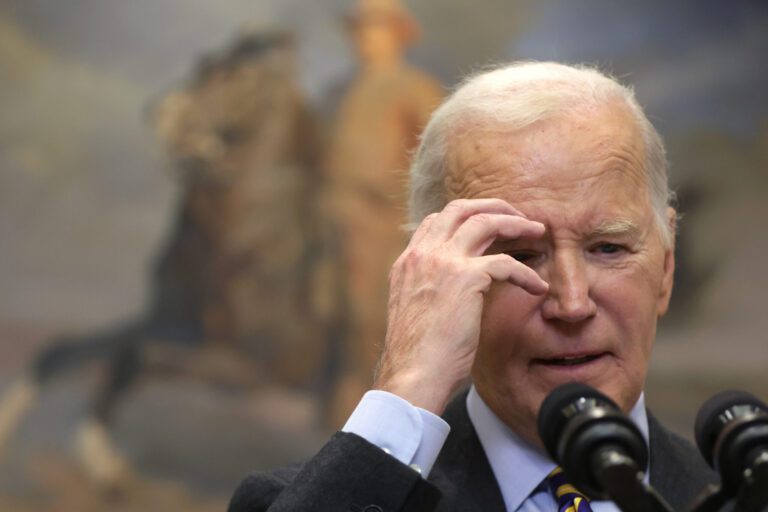Investigation into Biden’s Clemency Actions Sparks Calls for DOJ Inquiry
The House Oversight Committee has issued a compelling final report regarding President Biden’s usage of the autopen for signing executive orders, particularly pardons and commutations. The committee is urging the Department of Justice (DOJ) to investigate the legitimacy of these last-minute clemencies that weren’t personally signed by the president.
Background on the Investigation
Chairman Congressman James Comer initiated this investigation after Biden’s departure from the White House. He asserts, “Executive actions performed by Biden White House staff and signed by autopen are null and void.” The probe has included interviews with several key White House aides and Biden’s personal physician.
Biden’s Claims vs. Committee Findings
President Biden has claimed he approved all pardons, stating in an interview with the New York Times that he “made every decision,” but acknowledged that the autopen was utilized due to the volume of people receiving clemencies. However, the Oversight Committee suggests otherwise:
- Key Findings:
- Chief of Staff Jeff Zients allegedly signed off on certain executive actions.
- Claims of several pardons, including those for Biden’s family, lack traceable approval from the president prior to issuance.
The report asserts that this leads to the question of their legal validity.
Legal Implications of Autopen Signatures
The recommendations for a DOJ investigation focus heavily on the pardons issued during the final hours of Biden’s presidency. Notably, these include clemencies granted to his family members, which have raised eyebrows.
Historical Context
While no presidential pardon has ever been revoked, the legal standards for such actions are stringent. The Supreme Court upheld, in the 1974 case Schick v. Reed, that a president holds vast powers to issue clemencies as long as they comply with constitutional guidelines.
Specific Pardons Under Scrutiny
Among the clemencies in question are:
- Hunter Biden: Received a handwritten pardon in December.
- Family Members: Pardons for Biden’s sister, brothers, and in-laws were issued via autopen.
The committee claims that these pardons were reportedly approved in a meeting lacking contemporaneous documentation, raising further questions about their legitimacy.
Insights from Committee Testimonies
The investigation highlights troubling testimonies indicating a potential cover-up regarding President Biden’s mental and physical capabilities:
- Dr. Kevin O’Connor, Biden’s personal physician, was called to testify but invoked his Fifth Amendment rights. Criticism was leveled against him for not conducting a cognitive test despite observable decline.
- Additional Staff Refusals: Annie Tomasini (Deputy Chief of Staff) and Anthony Bernal (Chief of Staff to the First Lady) also invoked their Fifth Amendment rights during the proceedings.
Recommendations and Future Directions
The Oversight Committee is urging the DOJ to review all executive actions from Biden’s term, particularly those involving clemency, due to concerns about their authenticity. They assert that all actions signed by autopen, without verified approval from the president, should be considered void.
Concluding Thoughts
This investigation could set a significant precedent regarding the validity of executive actions in U.S. governance. As the legal implications unfold, it remains critical for the DOJ to address these allegations comprehensively.
For more detailed information, you can visit articles on FindLaw, SCOTUSblog, and The New York Times to explore further developments and legal analyses.
Ensure you follow up with ongoing news and updates as the situation evolves and the DOJ’s response develops.


